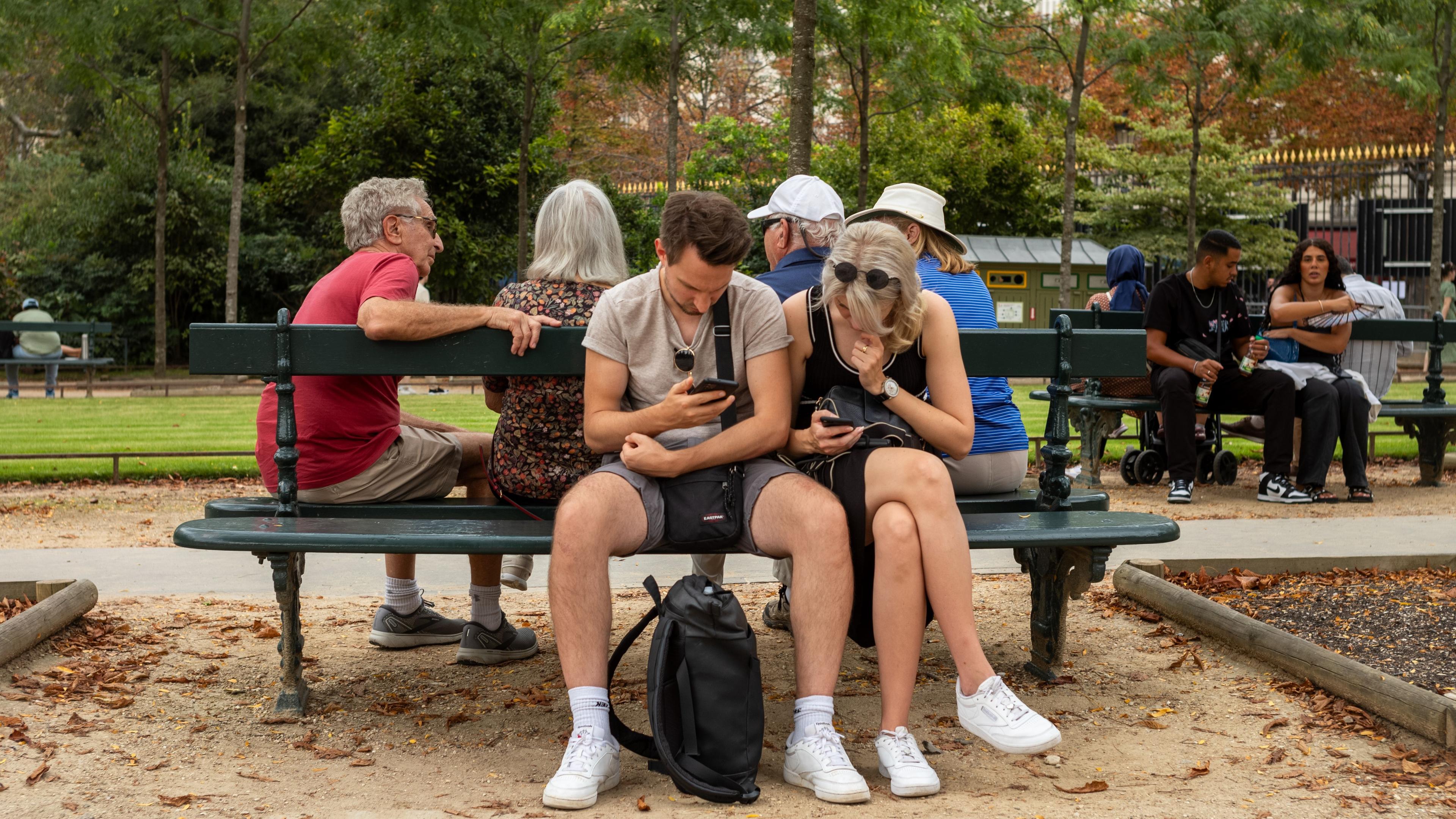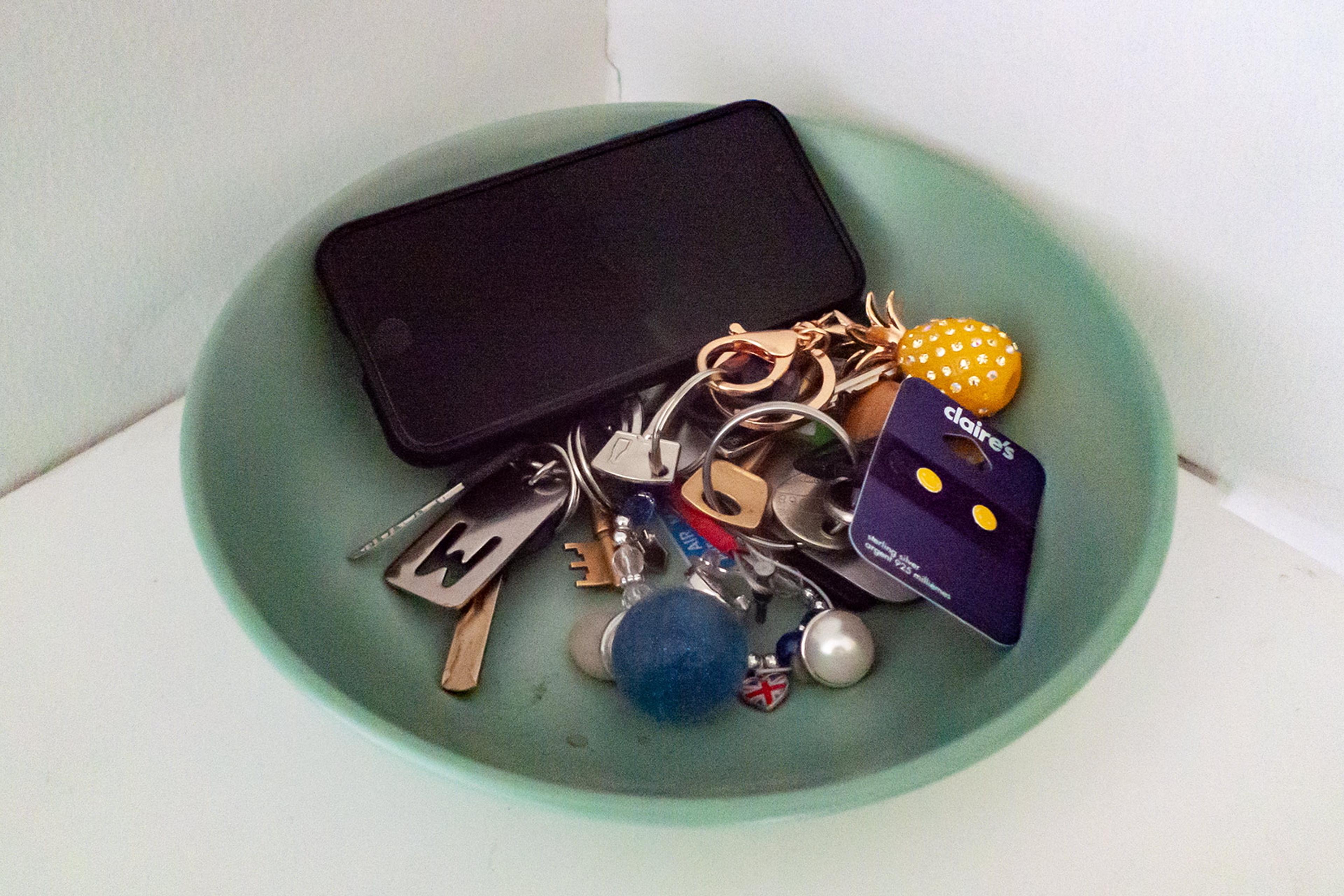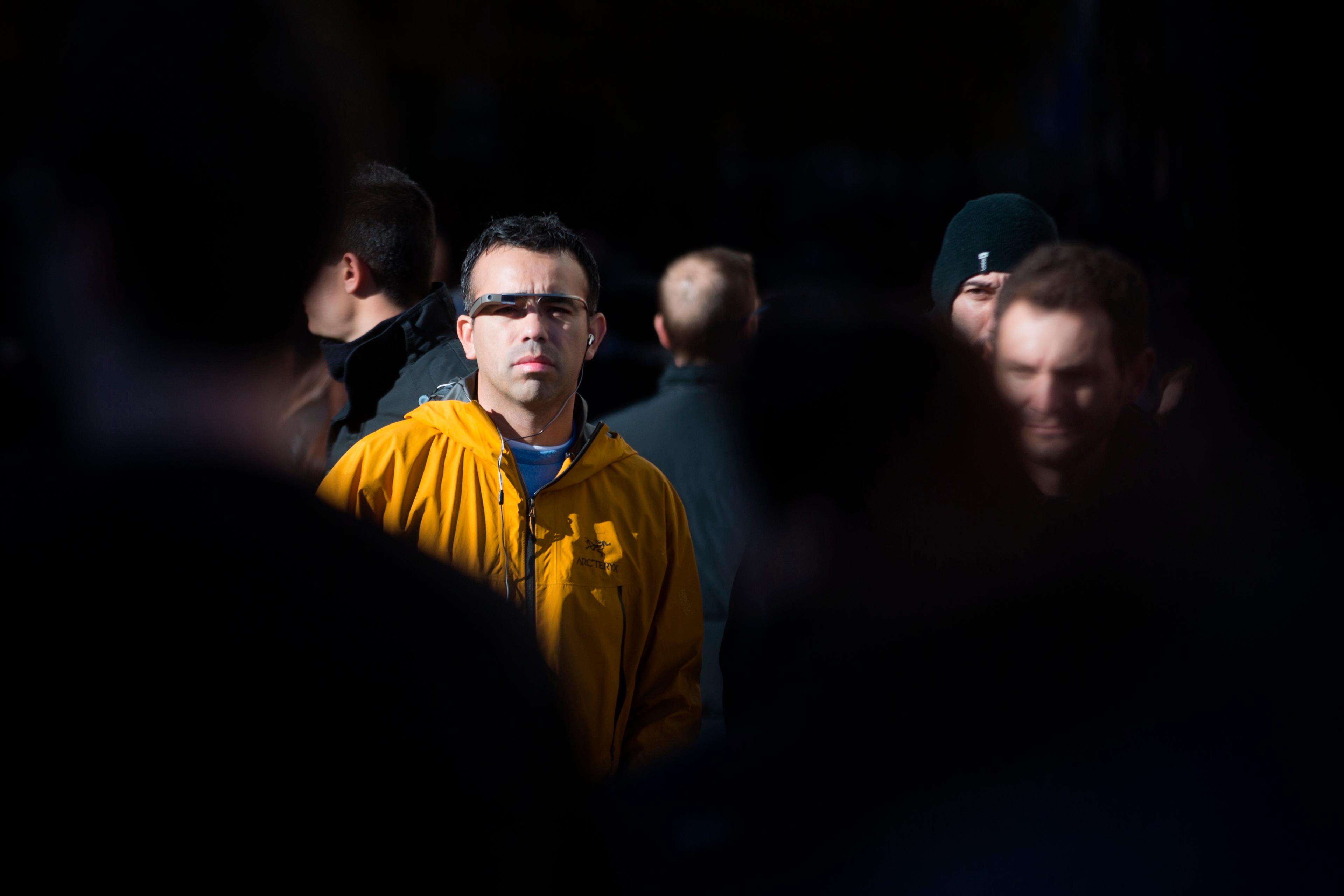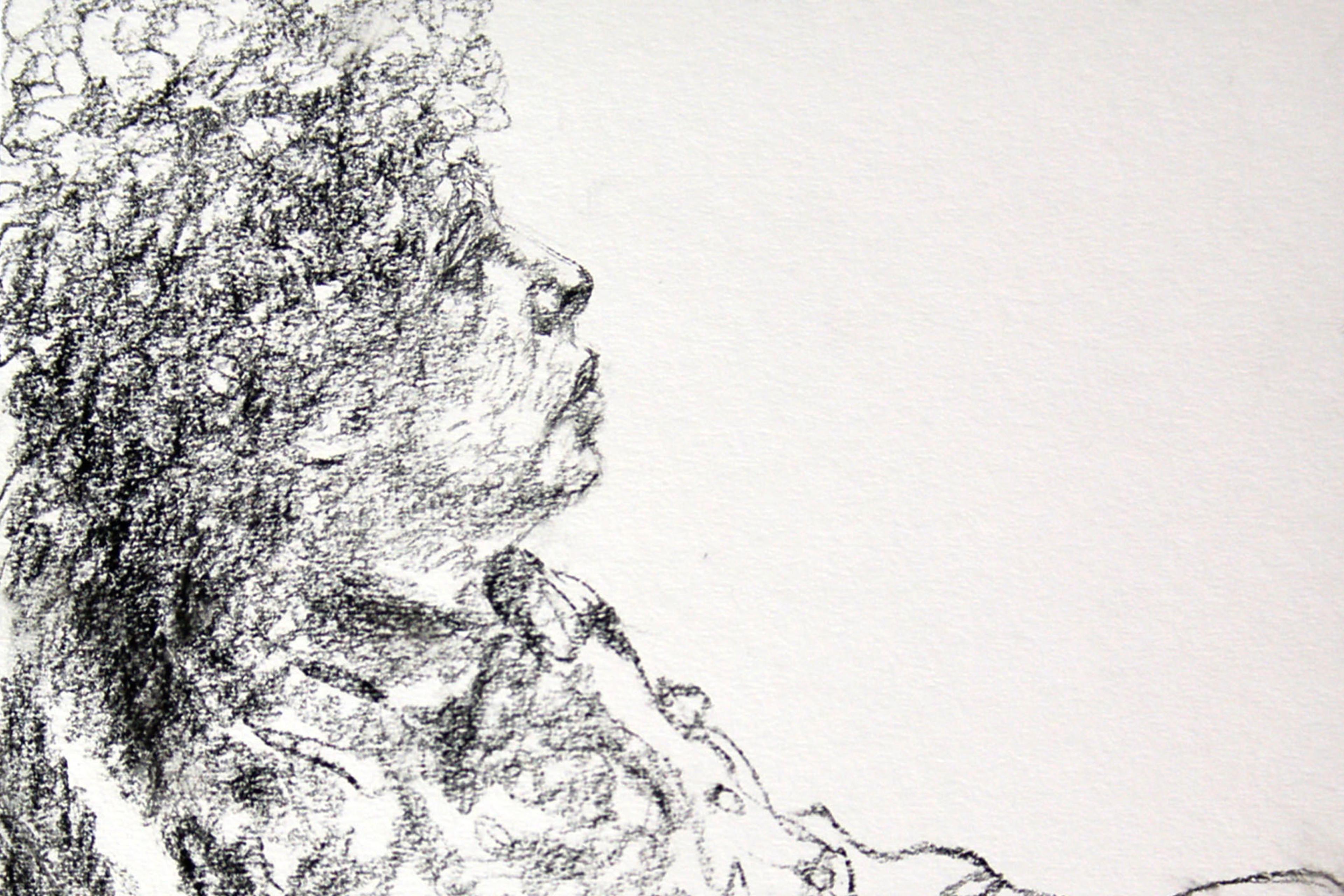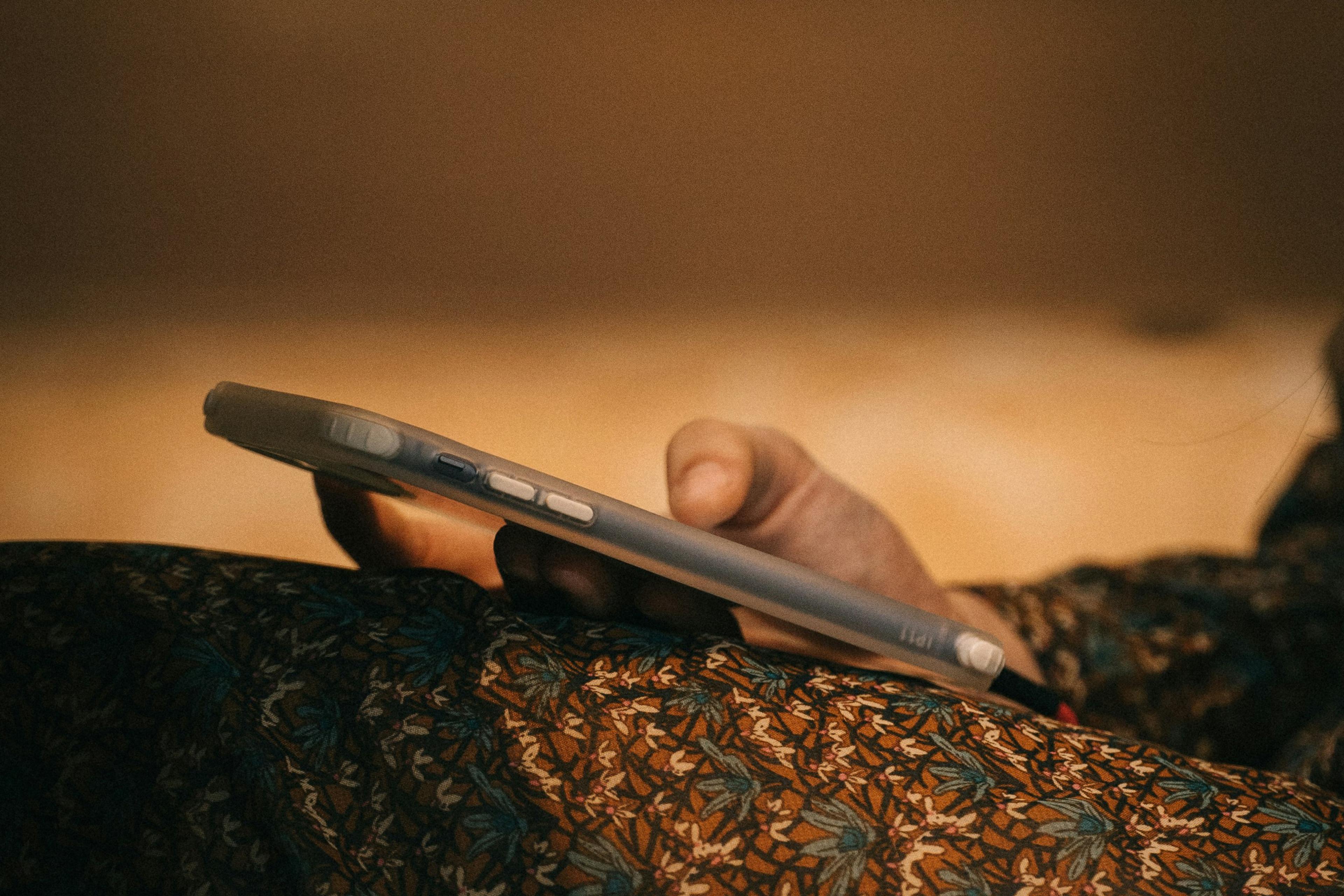The notification sign turns red as I unlock my phone one early morning. My university friend Abid has posted yet another passive-aggressive poem lamenting his breakup. This follows his emotionally exhausting 2am oversharing on WhatsApp, to which our friend circle has become accustomed. I recall his perfectly filtered Instagram photos with Amna that flooded my Instagram feed not long ago, projecting the appearance of #couplegoals. Yet now, their messy split plays out theatrically across all his social media, permeating digital spaces I can’t seem to escape. My finger hovers over the Like icon, before deciding that silence feels kinder.
Abid’s collapsed relationship drama encounters my wider ambivalence about social media. Since our offline and online worlds increasingly merge into perpetual visibility, what has become of basic dignity between individuals? In his book In the Swarm (2017), the Korean-born philosopher Byung-Chul Han wrote that, historically, respect required thoughtfulness to maintain interpersonal distance – not invasive overexposure, but restraint, allowing meaningful connection within cautious bounds. This approach to interpersonal dignity now feels extinct as people broadcast intimate details and descriptions amid desperate bids for external validation.
My parents prohibited my younger brothers from even having Facebook profiles well into their 20s, calling it vain attention-seeking. They emphasised dignity in preserving some mystery in public presentation of themselves and respect for individual preferences. Contrast this with the current norm of chronically oversharing personal information to infinity. The distressingly public meltdown of Abid’s relationship made me wonder – have our notions of restraint transformed so profoundly that all dignity becomes abandoned online? Opening this philosophical enquiry felt timely after the pandemic encouraged idle scrolling and questioning modern social contracts.
Not long ago, it would have seemed absurd to provide real-time life updates to vaguely known acquaintances or anonymous followers. Remember when you had to decide who to put in your ‘Close Friends’ list on Facebook? When you chose the friends who’d know what you were up to and whose interest in your posts you welcomed? Or when you accepted friend requests only of selected people whom you already knew offline?
In my early teens, as I navigated the vast landscape of the internet, my journey of self-discovery took place in the concealed realms of niche chat rooms and forums. Unlike the current social media platforms with their emphasis on Likes and comments, these online spaces didn’t offer instant validation in the form of digital affirmations. What they provided was far more valuable – a sanctuary of nonjudgmental interaction where I could explore and shape my developing identity. It was a place where curiosity and self-exploration took precedence over the pursuit of Likes or the fear of judgment. Compare this with today’s expectation of 24/7 visibility and being digitally connected to everyone from one’s past, present and potential future encounters. The once-private and intimate process of identity-exploration has become intertwined with the public sphere, making it challenging to differentiate personal growth from the constant stream of online interactions.
Can sincerely ethical intimacy still flourish in the absence of clearly defined boundaries?
As Han writes, respect once relied on carefully guarding interpersonal distance, governing interactions through restraint. What gets lost when these borders of respectable caution dissolve entirely into reckless over-revelation? The tendency to share salacious personal information all too frequently prioritises a bid for attention over conveying depth. Abid’s shattered relationship plays out as a spectacle because the performance promises more eyes.
Of course, past customs had downsides, too. Earlier internet anonymity could protect abusive behaviours without accountability. And secrecy certainly enables repression. But contrast this with our current compulsion for excessive disclosure as default, seeking outside validation even around sensitive life changes. Have we sacrificed self-regard for reach? Does authentic connection still have space to unfold offline before being marketed as content? The tension between privacy and secrecy – dignity and deceit – has taken on newly heightened digital dimensions, still awaiting philosophical reconciliation.
As Abid uploads another angsty poem, I feel for his suffering, having witnessed the relationship from inception to implosion. But I hesitate to celebrate his overexposure as vulnerability, when each revealed wound intensifies unease within our friend group. Research affirms that Likes activate neural reward circuits, lighting up areas such as the nucleus accumbens that respond to pleasure and validation. I ponder the implications of celebrating vulnerability when the exposure of every emotional wound contributes to our discomfort. Can sincerely ethical intimacy still flourish in the absence of clearly defined boundaries? Or are we inadvertently sacrificing the depth of true intimacy for a mere superficial simulation of support, while the intricacies of our personal worlds crumble beneath the weight of public platforms?
Just weeks ago, in photos on social media, Abid and Amna had projected such enviable bliss. But when I met Amna after their messy breakup, she told me that, ever since, she’s endured anonymous abuse and trauma online.
‘Each morning I wake up now dreading checking my phone, finding more messages from fake accounts attacking me,’ she said, tears welling up. ‘They hurl such violently sexist slurs, calling me unrepeatable names, a homewrecker, a fraud … with no way to stop these faceless smart mobs trying to destroy my spirit.’
She described frequently sobbing herself to sleep, feeling violated by vicious lies constructing false narratives about her character and past. Once lively and outspoken, she has withdrawn from digital spaces and public activities vital for her work as an activist and entrepreneur.
This disregard for others represents a stark departure from traditional notions of respect
She pulled up one menacing post from an account named ‘JusticeForAbid’ casting her as a manipulative abuser while lauding her former partner. Seeing such harassment terrorise her every waking moment, I was at a loss to console her for the depths of depravity enabled by online anonymity. No wonder she appeared so drained of joy’s light once animating her ambitions to uplift her community. This poisonous theatre of intimacy left wider ripples of damage than I had anticipated.
Digging deeper into social media’s rewiring of social contracts, I began researching online abuse. Alongside declining privacy norms, anonymity frequently has a dehumanising impact. Han’s work shows how this disregard for others represents a stark departure from traditional notions of respect. True respect meant approaching even disagreement with consideration and thoughtfulness. Now, many online conversations frequently default to tribalism and heated conflict, which these ‘smart mobs’ instigate.
A survey in the United States in 2021 found that 64 per cent of adult social media users under 30 have endured online harassment or abuse, with anonymous attackers accounting for most incidents. The anonymity afforded by digital spaces appears to remove inhibitions against unethical behaviours – it becomes easy to forget that real humans exist behind screens.
Evidence also shows that online anonymity directly enables traumatising experiences, especially for marginalised groups. In a study in 2022 by Compassion in Politics, 72 per cent of people said they’d experienced online abuse through anonymous or false accounts. Funnelling prejudice through fake accounts allows bigots to dehumanise victims without backlash. Researchers emphasise that experiencing such harmful rhetoric tied to one’s identity often causes deep trauma and feelings of powerlessness. Indeed, multiple investigations reveal that frequent exposure to online hate speech creates escalating psychological wounds. Victims of anonymous online abuse report experiencing nightmares, anxiety causing them to withdraw from digital spaces, as well as depression and symptoms resembling PTSD.
The unchecked cruelty enabled by anonymous and fake accounts facilitates immense suffering. Experts argue that better regulation around online verification methods can help curb such caustic behaviour tearing at our shared social fabric under the cloak of anonymity. But beyond policy fixes, we must also nurture cultural shifts – choosing dignity and mutual understanding as cornerstones for how we show up in all spaces, physical or digital.
Dignity is the innate worth in all people, regardless of allegiance. But it gets lost when social networks engage in personal matters and communicate without the thoughtful distance that allows understanding to take root. In so much online communication empathy gets dismissed as time-consuming. I have witnessed the spread of toxic and divisive opinions, which harden ideological lines rather than build bridges. As Han warns: ‘A society without respect, without the pathos of distance, paves the way for the society of scandal.’ Studies also confirm that exposure to toxic online behaviour and opinions actually increases polarisation by sowing further misunderstanding. In this environment, can shared truth or mutual human regard still take root?
In his book Understanding Media (1964), the philosopher Marshall McLuhan analyses new technology as an extension of our faculties, enabling greater scale but demanding moral vigilance around unintended consequences. I contemplate this idea. Despite my misgivings around social media’s rewiring of social contracts and privacy loss, aspects of its global connectedness captivate me. I recall the surge of optimism during the Arab Spring protests of 2011, facilitated through digital organising against authoritarian regimes. I also remember an Earth Day when my university friends coordinated a beach cleanup, inspired by Facebook posts.
Beyond activism, watching a musician friend’s video reaching 2 million views on Instagram sparked pride in him finding recognition, even though I understand the fleeting nature of internet fame. I even feel touched when forgotten high-school contacts message occasionally out of the blue thanks to our enduring social media connection. And while toxicity abounds online, I’ve also witnessed digital organising expose injustice and spur change through collective action at unmatched speed. Both cases reveal social media’s amplification of human potential beyond physical limitations.
Understanding media’s extensions of ourselves allows agency over its impacts
Yet McLuhan warns that even beneficial technologies risk numbing aspects of our humanity in overuse, necessitating constant ethical re-centring. I reflect on whether, in my impulse to share achievements online, I have sacrificed grounded self-worth for external validation without depth. Do I demonstrate respect on platforms designed to monetise public attention and data? If there are only pseudo-boundaries online, what responsibility comes with visibility?
Han’s notion of respect provides wise caution for maintaining distance, otherwise intimate matters are put on display and the private is made public where one ought to allow a person’s true essence to develop before developing intimacy. McLuhan argues that understanding media’s extensions of ourselves allows agency over its impacts. Between these thinkers may emerge a path to aligning technology with enduring values.
I return to Abid’s relationship drama, playing out online in impulsive fragments. Beyond sympathy for his heartbreak lies a lament for the public decay of private dignity between two individuals. The precise contours of their inner world blur into one-dimensional visuals of what garnered external acclaim, signifying little. Han may diagnose even well-intentioned support amid Abid’s overexposure as devoid of deeper care or understanding.
Yet I hesitate toward outright technophobic protectionism, having witnessed social media empower marginalised voices and forge connections against great odds. McLuhan compels me to acknowledge enhancing and dangerous aspects within modern media as mirrors of our own capacities. He warns that we shape tools that in turn reshape us.
I am left reflecting on ancient wisdom around self-knowledge determining fate. Internally sound moral foundations allow external engagements to elevate collective potential. But even the most advanced technologies alone cannot save us from losing touch with core human needs. To preserve dignity, truth and community in rapidly evolving virtual spaces, we must anchor digital citizenship to older values of restraint and care for the sacred inner life. Our humanity endures only if we sustain ethical relationships through wisdom and grace learned first beyond all devices.
